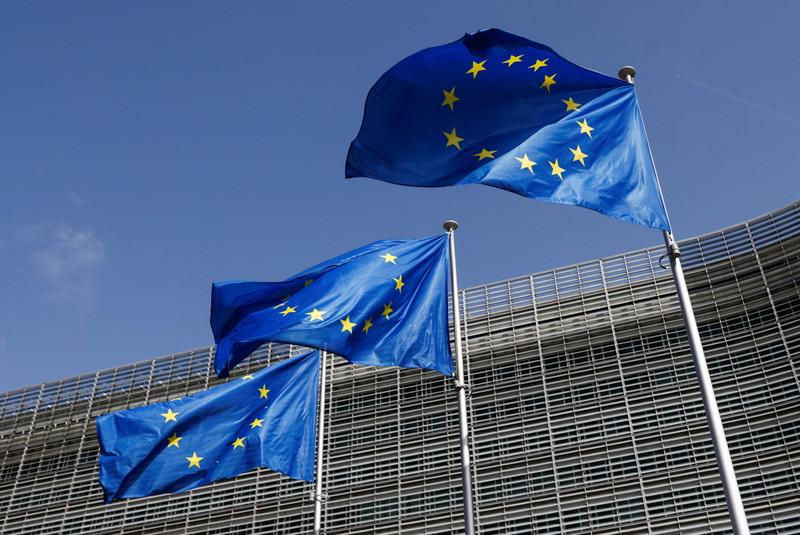Although this agreement is expected to have strategic significance and help boost the EU’s economic growth prospects, disagreements still exist because many European countries with strong agriculture sectors do not want to open their markets to agricultural products from Mercosur, especially amid the wave of protests by European farmers against policies that have caused agricultural product prices to plummet.
Mercosur and the EU started their negotiations in 1999. The first attempt to sign a free trade agreement failed in October 2004.
Since then, due to many changes in the international context and the rise of populism and protectionism, it was not until 2019, after two decades of difficult negotiations, that Mercosur and the EU reached a framework agreement.
However, this document has not yet been ratified due to European concerns about the destruction of the Amazon forest, as well as doubts about climate change policies under former Brazilian President Jair Bolsonaro (2019- 2023).
In addition, some European countries such as France do not want to open their markets to competing agricultural products from the South American economic bloc. Recently, farmers in many European countries have organised protests against the agreement because they are worried that it will reduce the prices of their agricultural products, thereby affecting their incomes.
Mercosur and the EU are trying to complete negotiations after reaching an agreement in principle in 2019. In recent negotiations, the EU has pushed for stronger commitments to limit the impacts of climate change as well as to prevent deforestation.
In March 2023, the negotiation round between Mercosur and the EU ended with three pillars of sustainable development: economic, social, and environmental, in which the parties agreed to strengthen dialogue and accelerate the next round of negotiations, aiming to achieve a balanced and mutually beneficial trade agreement as soon as possible.
However, the process of ratifying this agreement in 27 EU member states has stalled, mainly because the EU remains concerned about environmental protection issues in Mercosur countries, while some South American countries say that this agreement will negatively impact industry and agricultural exports.
In addition, France has frequently stated that it is not very optimistic about this agreement. French President Emmanuel Macron said that it is difficult to complete negotiations under the current conditions, with cheap imports from countries not subject to the EU’s strict environmental standards.
The FTA between Mercosur and the EU is expected to create a common market with more than 700 million people, accounting for about a quarter of world GDP, and featuring bilateral trade value of 100 billion USD per year.
At the Mercosur Summit Rio de Janeiro in late 2023, Brazilian President Lula da Silva asked Paraguay — the rotating President of Mercosur for the first half of 2024 — to steadfastly promote negotiations between this bloc and the EU.
Lula da Silva stated that he regretted not being able to convince other partners in the bloc to sign this agreement with the EU in 2023. The Brazilian president affirmed that Mercosur needs to persist in negotiating with the EU because this FTA is extremely important.
Despite efforts from both sides, there are still many obstacles preventing the establishment of a free trade area between the two continents’ blocs.
According to the EU High Representative for Foreign Affairs and Security Policy Josep Borrell, EU member states will not be able to reach an agreement at least until the European Parliament election, which is scheduled to take place in June.
The issue of trade protection from both sides continues to be a major obstacle in negotiations between the EU and Mercosur.
















